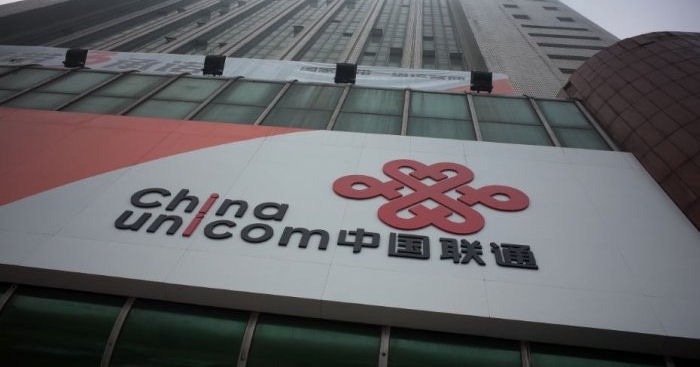China Unicom has shared plans to spin off and list its majority-owned SMART Connection technology business in mainland China.
August 19, 2021

China Unicom has shared plans to spin off and list its majority-owned SMART Connection technology business in mainland China.
The decision marks the latest move from one of China’s big three state-owned telecoms operators to seek additional domestic stock market flotations to raise funds after they lost their appeal against expulsion from the NYSE earlier this year.
The removal of the Chinese telcos from the New York Stock Exchange came at the behest of former US president Donald Trump, amidst an ongoing and well-documented trade war between the two nations. Despite a change in leadership in the US at the start of the year, tensions have not thawed. The ramifications are manifold, but for the telcos themselves, there is one key issue to resolve: where to tap next to bring in cash to fund the rollout of 5G services and other technological developments.
China Unicom did not provide extensive details on its plans for SMART Connection Technology, which provides connectivity and applications for the Internet of Vehicles space, or connected cars. The telco owns 69.2% of the business, both directly and through indirect holdings.
It has yet to determine the size of offering, its timing, or its specific location, and furthermore has not yet secured the approval of shareholders. But it has shared some, admittedly fairly generic, reasons behind its decision to float the unit.
“Upon the spin-off and listing, SMART Connection Technology as an independent listed company can strengthen its financing ability and operational flexibility, better attract talents and strategic partners, enhance its competitiveness, accelerate its business development and improve returns, and release its value in a better way,” Unicom said, in a statement. It also noted that it, Unicom, as the unit’s controlling shareholder, “will benefit from its value enhancement and realisation,” as well as talking up strategic cooperation between the business and future synergies. But you don’t have to read too far between the lines to realise that it’s all about the money.
To place the story in broader context, it comes just one day before rival Chinese telco China Telecom is due to list in Shanghai, according to an SEC filing published by the company earlier this week. Based on its per-share price of CNY4.53 and assuming its over-allotment option is taken up in full, the telco is on track to raise CNY54.2 billion (US$8.3 billion) from the sale.
Meanwhile, the world’s biggest mobile operator, China Mobile, has just filed a prospectus for its own Shanghai listing with the China Securities Regulatory Commission (CSRC), it announced yesterday. The telco did not share the details of that prospectus in its English language statement, but according to the South China Morning Post, it aims to raise around 56 billion yuan (US$8.6 billion) from the flotation, which will be largest in mainland China in over a decade.
It will also likely be the world’s biggest IPO this year. According to Bloomberg, the China Telecom listing will take that crown on Friday, but it seems it will soon be surpassed…presuming China Mobile gets the go-ahead from the SCRC, that is.
China Mobile said the proceeds from the listing will finance its 5G rollout and other network investments, and will represent around a third of its earmarked CNY156.9 billion spend in these areas. Similarly, China Telecom, in its first half results announcement last week, talked about using the IPO to support its cloudification and digital transformation efforts.
The Chinese operators need the money and they know where to get it.
About the Author(s)
You May Also Like








.png?width=300&auto=webp&quality=80&disable=upscale)


_1.jpg?width=300&auto=webp&quality=80&disable=upscale)


.png?width=800&auto=webp&quality=80&disable=upscale)